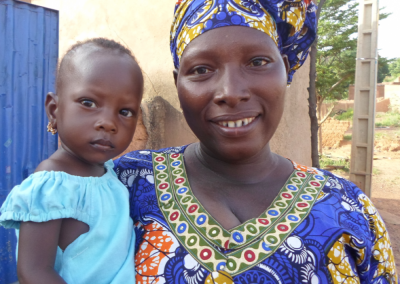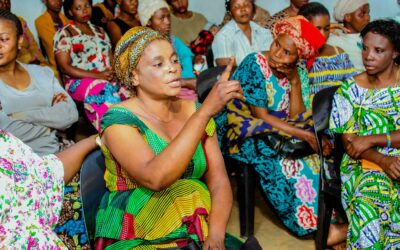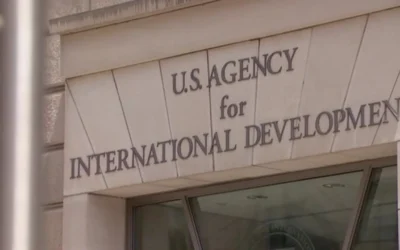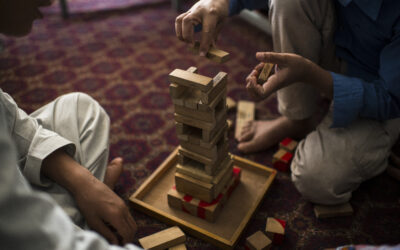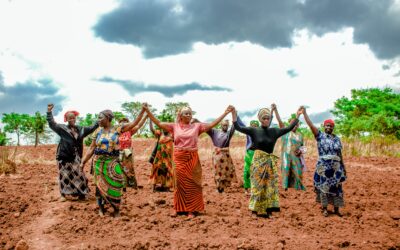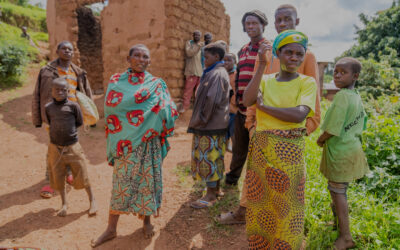Invest in health care for women and children in Mali
We’re thrilled to partner with Mali Health for a 3rd project, a savings and loan program that will help women in Mali pay for their family’s health care. In small groups, these women can both learn and practice saving and investing, all while addressing their family’s health care needs. In total this project will empower 1,500 woman and their families with the resources to access better health care.
Why Mali?
Too often families get sick because they cannot afford the costs of care. Unexpected health care costs can drive poor families deeper into poverty every day. The United Nations lists Mali as one of the least-developed nations in the world, and with this kind of extreme poverty, comes many health concerns for families.
Mali Health works with the poorest mothers and children, many of whom survive on less than $1.50 per day. With such limited resources, these families cannot afford the out-of-pocket costs of health care, so they often go without even the most basic services. As a result, Mali is consistently ranked among the four worst places to be born or give birth. One in 26 women will die due to complications arising from pregnancy or childbirth, and 1 in 8 children will not live to see their fifth birthday. These deaths can and are being prevented by helping women and their families overcome the financial barrier to primary health care.
ODW + Mali Health
This project will allow 1,500 women to participate in savings and loan groups. Through this program, women will gather weekly or bi-weekly to contribute a small amount of money into two savings boxes. From one, women take small, no-interest loans to pay for health care expenses. From the other, they can take small loans at a rate set by their group to support income-building activities like starting or expanding a small business. At every stage, the women are in charge. They decide together how much each member contributes to their groups and establish their own groups’ rules.
Mah’s Story
Mah Diarra lives in a small community outside of Mali’s capital, Bamako. Four months into her pregnancy she still hadn’t been able to see a doctor because she lacked resources to pay for it. A friend told her about Mali Health’s SHARE program, and was able to start saving up for pregnancy costs and health care costs for her and her new baby. The SHARE, Savings for Health And Reproductive Services, works with expectant mothers to help them save for costs related to prenatal care and delivery. It also provides education for these savings groups that bring awareness to the most common diseases and teach prevention methods and ideas. Mah was able to deliver a healthy baby and now is happy to help other moms join in on programs like SHARE to work on saving and investing in to their families future.
Share this story: [shareaholic app=”share_buttons” id=”26108403″]
More stories of impact
Turning Challenges into Opportunities: Masoka’s Journey of Empowerment
Masoka’s hands are stained with the rich soil of the land she now calls home. A 37-year-old mother of four, she arrived at Dzaleka Refugee Camp in Malawi after fleeing the conflict in her home country, the Democratic Republic of the Congo. The future felt uncertain,...
What Was USAID, and What Now?
USAID has made news headlines constantly over the last few months. You may find yourself wondering: what is USAID, and is One Day’s Wages affected by its dismantling? As a global development organization, we at ODW care deeply about the people who depend on foreign...
Growing Love, One Drop at a Time: How One Woman Turned Her Birthday into a Gift of Clean Water
When Sara, a graphic designer and mother from Oregon, started thinking about how to celebrate her birthday, she decided to do something different—something meaningful. With a belief that “we are all connected… with the power to affect change by how we live our own...
Bridging the Gap: An Update on Our Response to the Funding Freeze
In Matoh, Cameroon, a mother prepares to give birth. Life in a conflict zone means getting to a safe facility with trained health workers is nearly impossible. Fortunately, a new mobile clinic begins offering prenatal care and transportation to a birthing clinic,...
Why We Invest in Women
There’s an old Ghanaian proverb: “If you educate a man, you educate an individual. But if you educate a woman, you educate a family.” On this International Women’s Day, we celebrate the power of women—how their resilience, leadership, and determination transform not...
The Case for Social Inclusion
Today is the World Day of Social Justice! Never heard of it? Never fear, we’re here to fill you in. In 2009, the United Nations General Assembly launched the World Day of Social Justice to recognize our on-going need for inclusive economic development and decent work...
LEARN
Leadership
Transparency
Read the Latest
Contact Us
COLLABORATE
Faith Groups
Schools
Businesses
Get Involved
One Day’s Wages exists to alleviate extreme poverty by investing in, amplifying, and coming alongside locally led organizations in underserved communities.
©2025 One Day's Wages is a registered 501(c)(3) organization | Tax ID #26-2566653 | Privacy policy | Terms of use
P.O. BOX 17575 Seattle, WA 98127 | Contact us

